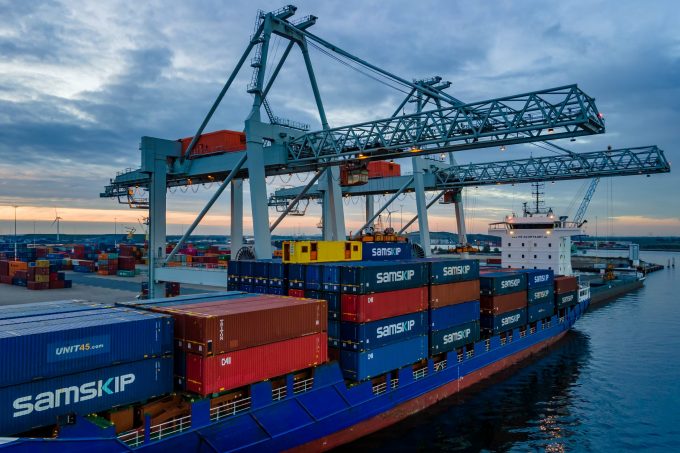Supply chain decarbonisation? It'll all come out in the greenwash
Supply chain decarbonisation, critical as it is, is morphing into something new and very different ...

Samskip and biofuel vendor GoodFuels say they have proved it is possible to reduce a ship’s CO2 emissions by more than 90%, raising the possibility of shippers almost entirely decarbonising their sea cargo.
Goodfuels has negotiated a way around the maritime industry’s usual shipowner-charterer deadlock by approaching shippers directly. This allows its customers to purchase biofuel which can be blended into the ship’s bunkers, negating the CO2 cost of their shipment.
But a vessel running on 100% biofuel was not thought possible ...
Asia-USEC shippers to lose 42% capacity in a surge of blanked sailings
USTR fees will lead to 'complete destabilisation' of container shipping alliances
New USTR port fees threaten shipping and global supply chains, says Cosco
Outlook for container shipping 'more uncertain now than at the onset of Covid'
Transpac container service closures mount
DHL Express suspends non-de minimis B2C parcels to US consumers
Zim ordered to pay Samsung $3.7m for 'wrongful' D&D charges
Uncertainty over US tariffs sparks interest in bonded warehouses for imports

Comment on this article